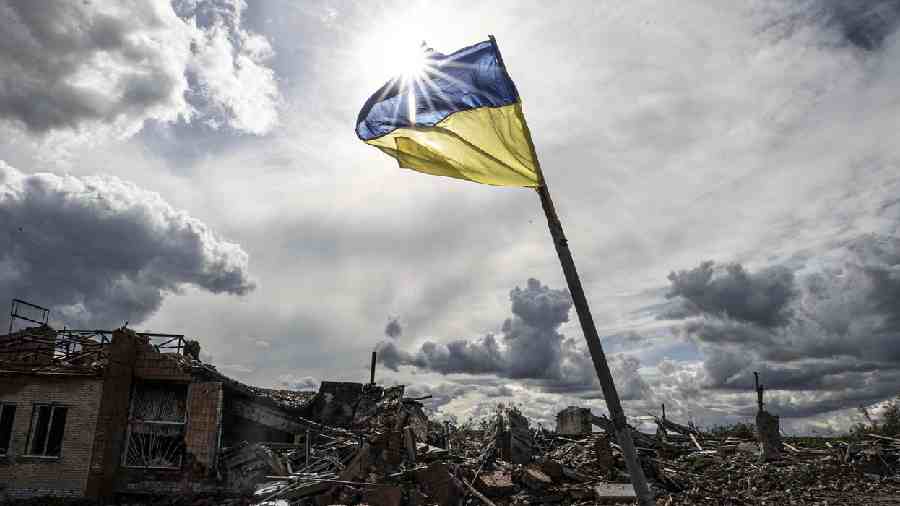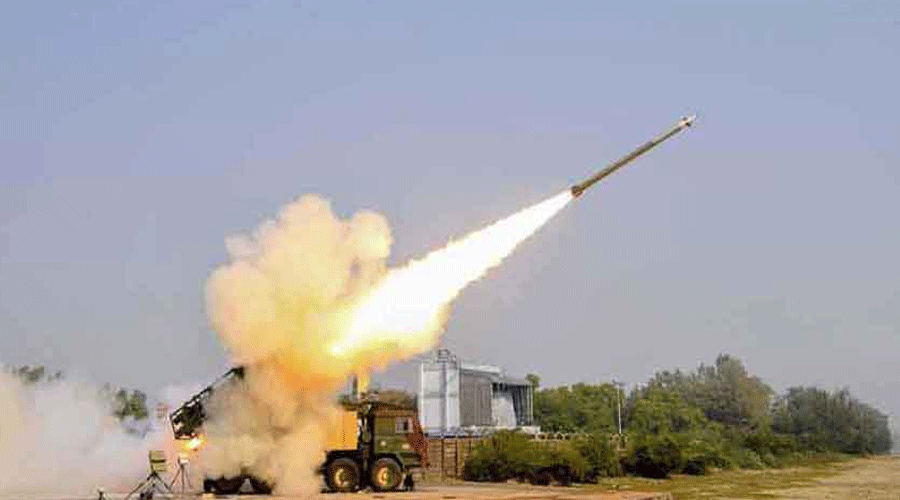Olena Naumova’s descent into two weeks of terror began in late August, when three Russian soldiers with automatic rifles banged on her door in the occupied city of Kherson. She said they ordered her to turn over her gun. She had no gun.
“‘Don’t lie,’” she said the Russians warned her. “‘We will shock you with electricity. We will break your bones. We will put construction foam in your body.’”
Stunned, Naumova, 57, a kindergarten teacher who had posted some pro-Ukrainian videos, said she felt herself go weightless as the soldiers threw a plastic bag over her head and dragged her to a car. Then they took her to an underground prison where she said she was interrogated, beaten and forced to hear screams emanating from other cells.
As Kherson celebrates its fresh liberation after eight long months of Russian occupation, disturbing accounts of torture and abuse at the hands of Russian soldiers are emerging, with people finally free to talk.
Several residents described being hauled off to underground torture chambers, sometimes just for posting patriotic poems.
Others said they had witnessed random outbursts of violence, like Russian soldiers smashing young men in the face and sending them to the hospital — for no apparent reason.
Anyone suspected of belonging to a partisan underground group or spying on the Russians’ military positions was at grave risk, according to interviews with dozens of city residents as well as Ukrainian military officials.
Soldiers crashed through doors or plucked people off the streets in tactics that seemed to belong to authoritarian regimes from another era. It was all part of the Russians’ failed effort to turn Kherson, by force, into part of their motherland.
Ukrainian officials have said that the Russians kidnapped more than 600 people and many are still missing. Residents also reported disappearances and killings, consistent with war crime allegations documented in Bucha, Izium and other Ukrainian cities where Vladimir Putin’s troops swept in, leaving behind smashed homes and mass graves.
Kherson is now liberated territory. But as in every other place taken back from Moscow’s forces, Ukrainians here now have to reckon with the trauma left behind.
“It was a city of fear,” said Olena Samofalova, an out-of-work salesperson who came to the main square on Monday to “feel some of the positive energy”. Like many others here, she seemed in a daze, almost unable to believe that her country’s army was strolling through the same cobblestoned square that only recently had been full of glaring Russian soldiers.
Vyacheslav Lukashuk, a lanky, 27-year-old handyman, recalled how a dozen soldiers and officers of the Russian security service had burst into his home and thrown him face down to the floor, screaming “Where are your weapons?” and “How do you contact the Ukrainian army?”
They kicked him and beat him with rifle butts, he said, and one soldier slipped a plastic bag over his head to suffocate him.
“It’s hard to call it an arrest,” he said. “They just flew in and started beating me. I said goodbye to my life at that moment.”
His offence? Spray-painting “Glory to Ukraine” on a bus stop.
Naumova, the kindergarten teacher, was more of a thorn in the Russians’ side, by her account and those of other Kherson residents.
In February, after Russian troops marched in, she started blogging furiously about the invasion, and took to TikTok to spread patriotic videos.
As the Russian occupation hardened, so did her messages. She called for the people of Kherson to rise up against the Russians. On the morning of August 23, her mobile phone service was abruptly cut. Then the soldiers came, demanding, “Where is your weapon?” She replied, “Are you serious?”
On Monday, she was mobbed by friends and supporters as she visited the main square, a Ukrainian flag victoriously draped over her shoulders and a little one painted on her right cheek. Everywhere she turned, someone was waiting to hug her. They looked surprised to see her alive.
(New York Times News Service)












